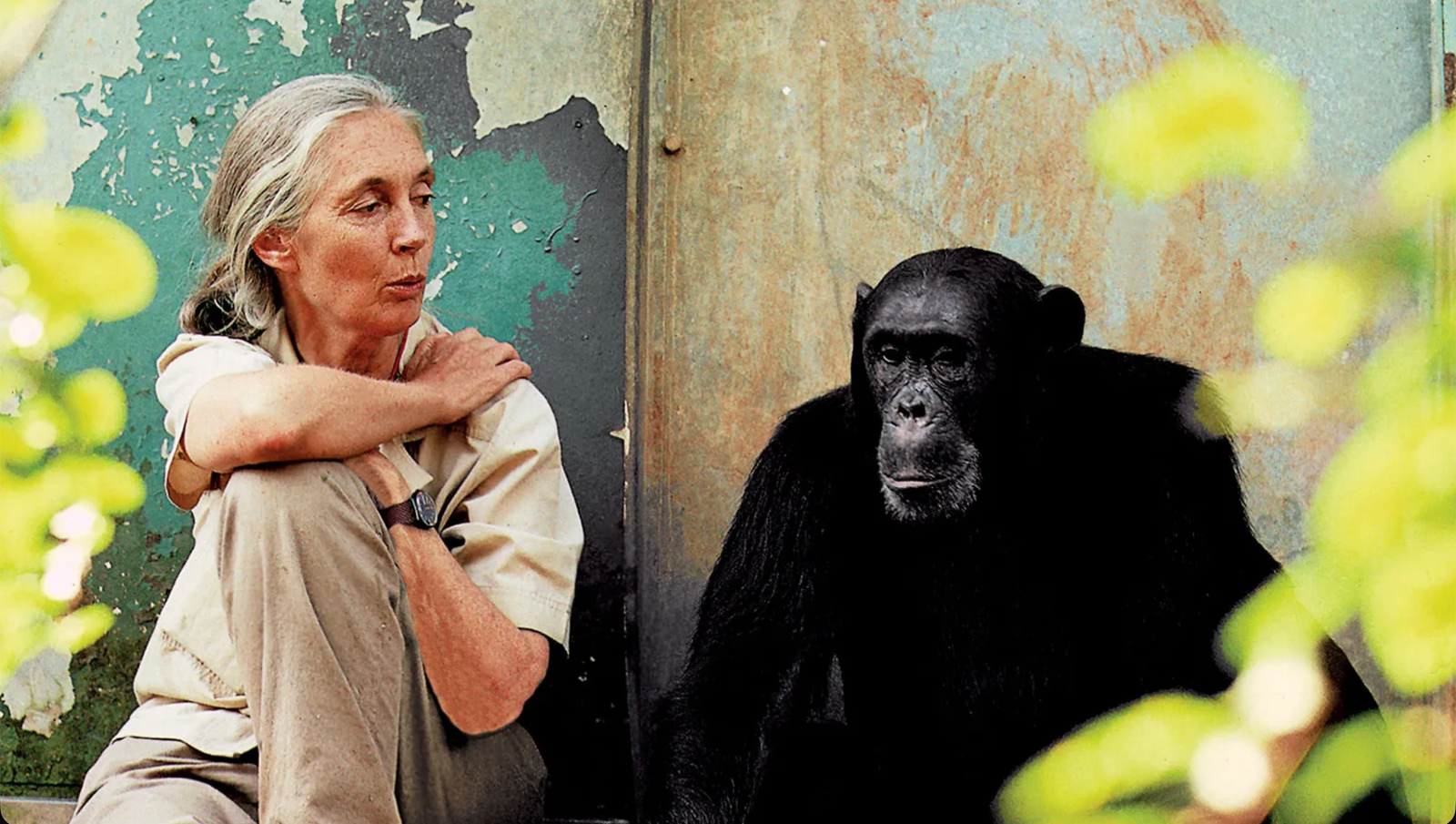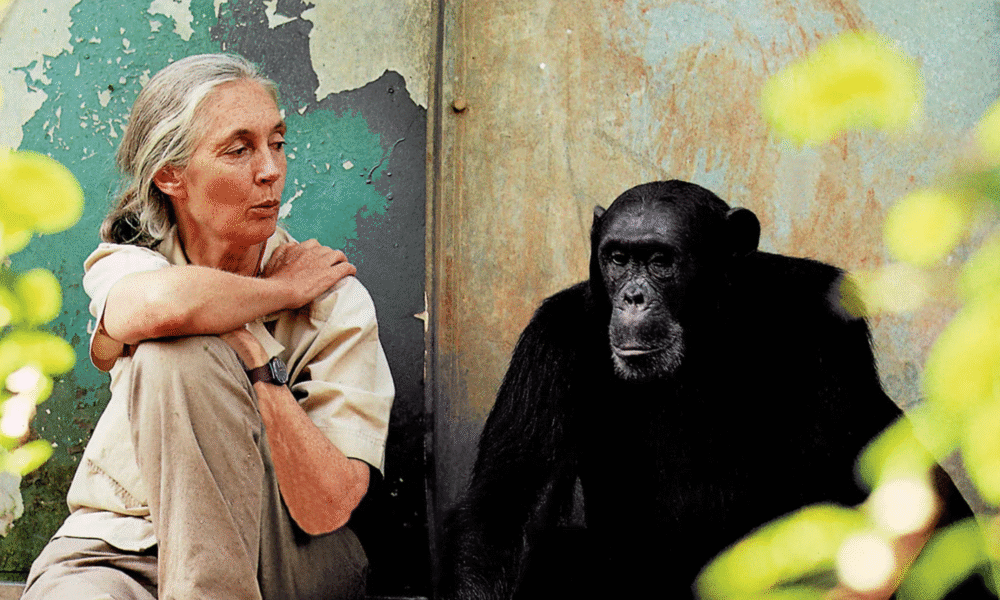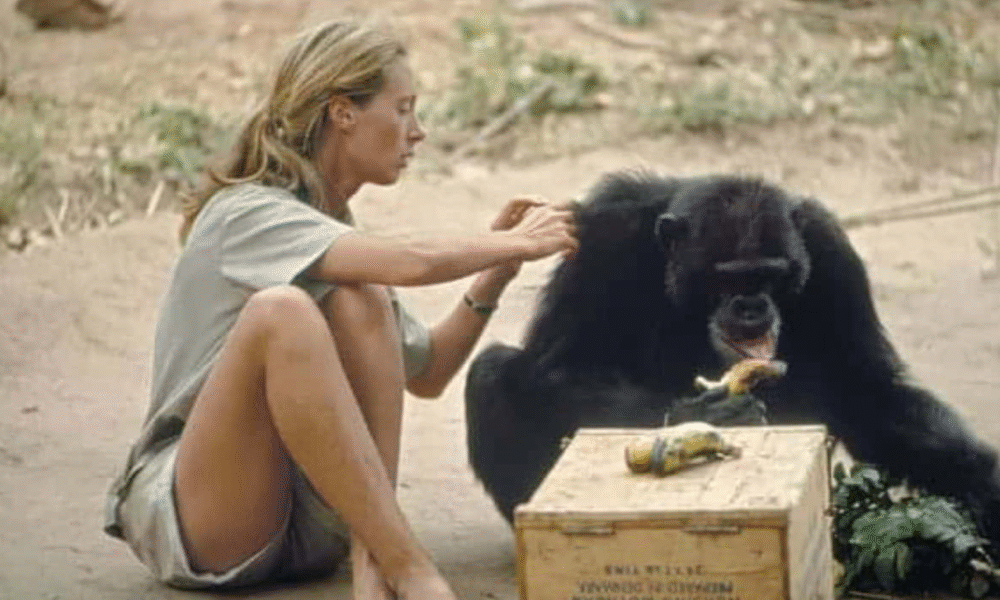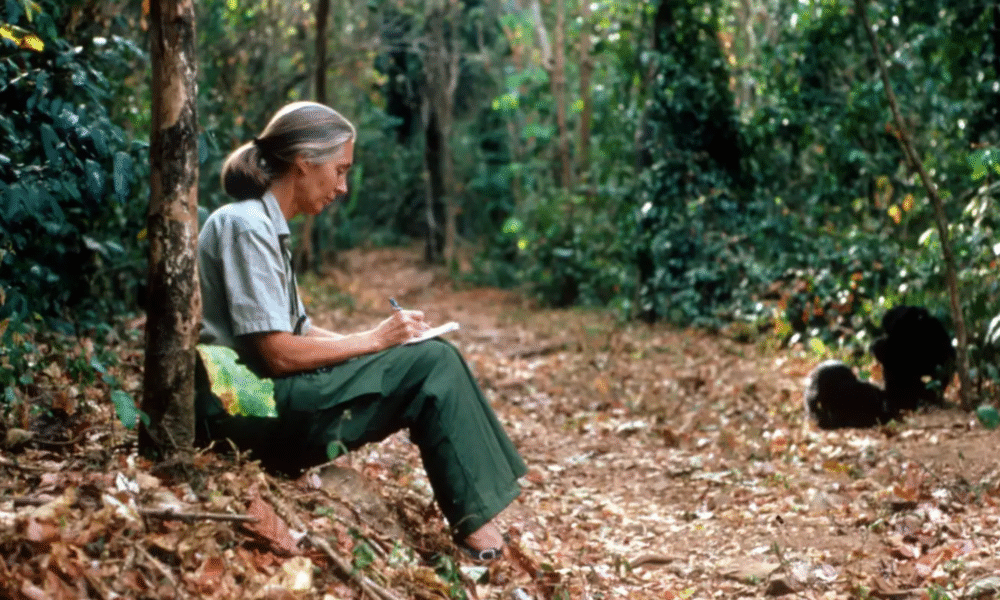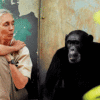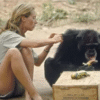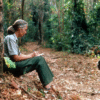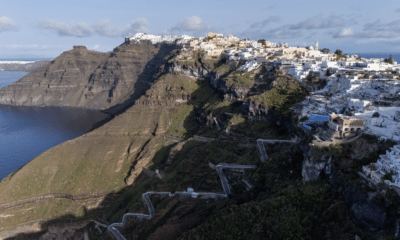Climate Change
Jane Goodall Dies at 91: The Scientist Who Revolutionized Our Understanding of Chimpanzees
The world is mourning the death of Dame Jane Goodall, the British primatologist and conservationist whose groundbreaking research on chimpanzees transformed our understanding of the natural world. Goodall died of natural causes in California at the age of 91 during a speaking tour in the United States, her institute confirmed.
Born in London in 1934, Jane Goodall gained worldwide recognition through her pioneering work at Gombe Stream National Park in Tanzania. In 1960, she made the landmark observation of a chimpanzee named David Greybeard using a stripped twig to fish termites from a nest. This discovery shattered the long-held belief that only humans made and used tools, redefining what it meant to be human and challenging scientific orthodoxy.
Jane Goodall’s unorthodox approach—naming the chimpanzees she studied, referring to them as friends, and quietly observing rather than intruding—was initially criticized by the male-dominated scientific establishment. Yet her mentor, Louis Leakey, believed her fresh perspective was precisely what the field needed. Over time, her detailed observations of chimpanzee family bonds, social structures, and even territorial warfare revolutionized primatology.
From Researcher to Global Advocate
In 1977, she founded the Jane Goodall Institute, dedicated to protecting great apes and their habitats while empowering young people through conservation programs. By the 1990s, she had left mainly the forests she loved to become a full-time global advocate for wildlife protection, climate action, and environmental education. She spoke in auditoriums worldwide—often with her signature toy monkey, Mr. H, at her side—sharing not just the grim realities of biodiversity loss but also a sincere message of hope.
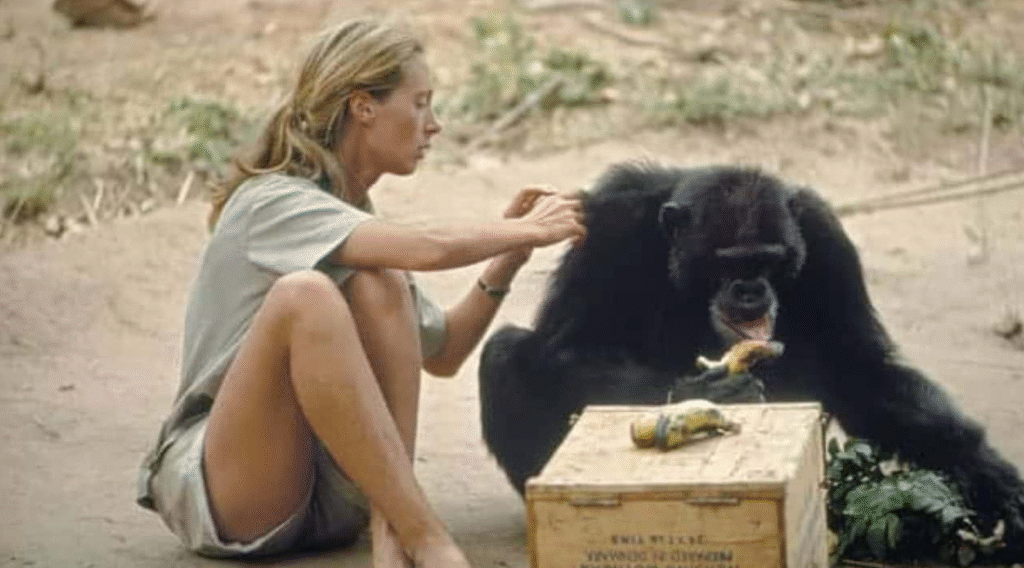
Jane Goodall’s Research on Chimpanzees
Her tireless advocacy earned her numerous honors, including being named a United Nations Messenger of Peace in 2002. Even into her 90s, she spent nearly 300 days a year traveling, lecturing, and inspiring new generations.
View this post on Instagram
An Enduring Legacy
Tributes have poured in from across the scientific and conservation communities. Adrian Smith, president of the Royal Society, hailed her as “an amazing scientist who inspired people to see the natural world in a new way.” Professor Cat Hobaiter of the University of St Andrews, one of many scientists influenced by Goodall, noted that she “gave up doing what she loved to tirelessly travel the world and share her passion.”
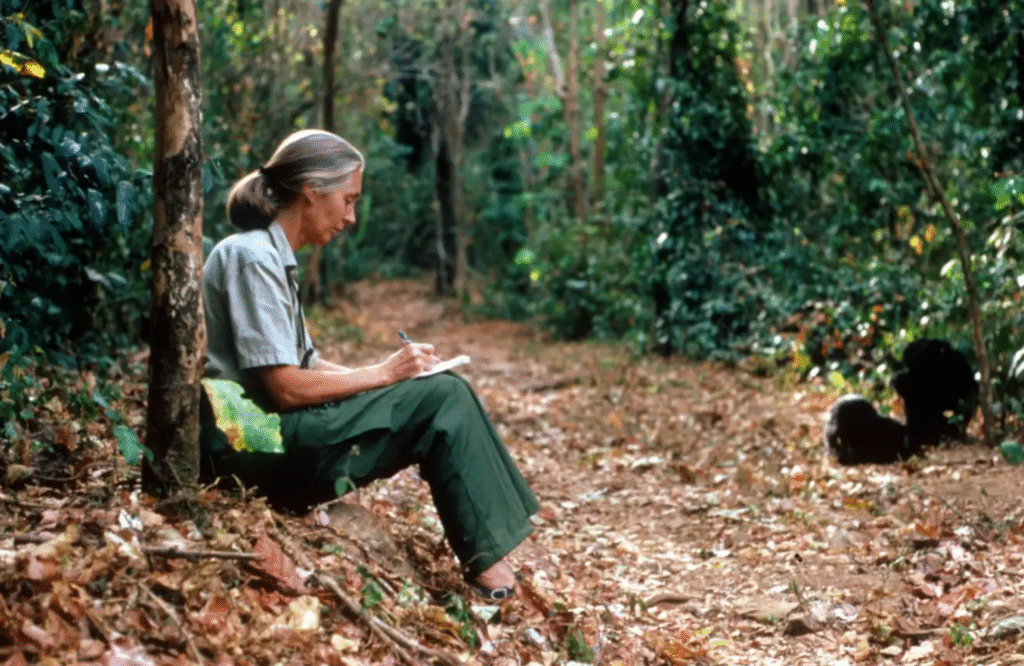
Jane Goodall’s Extraordinary Life
Goodall herself often warned that the window to slow climate change and halt biodiversity loss is closing. As Hobaiter reflected, “Jane would be the first person to tell us the world needs not sadness over her loss but action.”
Her life’s work—combining scientific rigor with empathy and public engagement—leaves an extraordinary legacy for humanity and nature alike.


